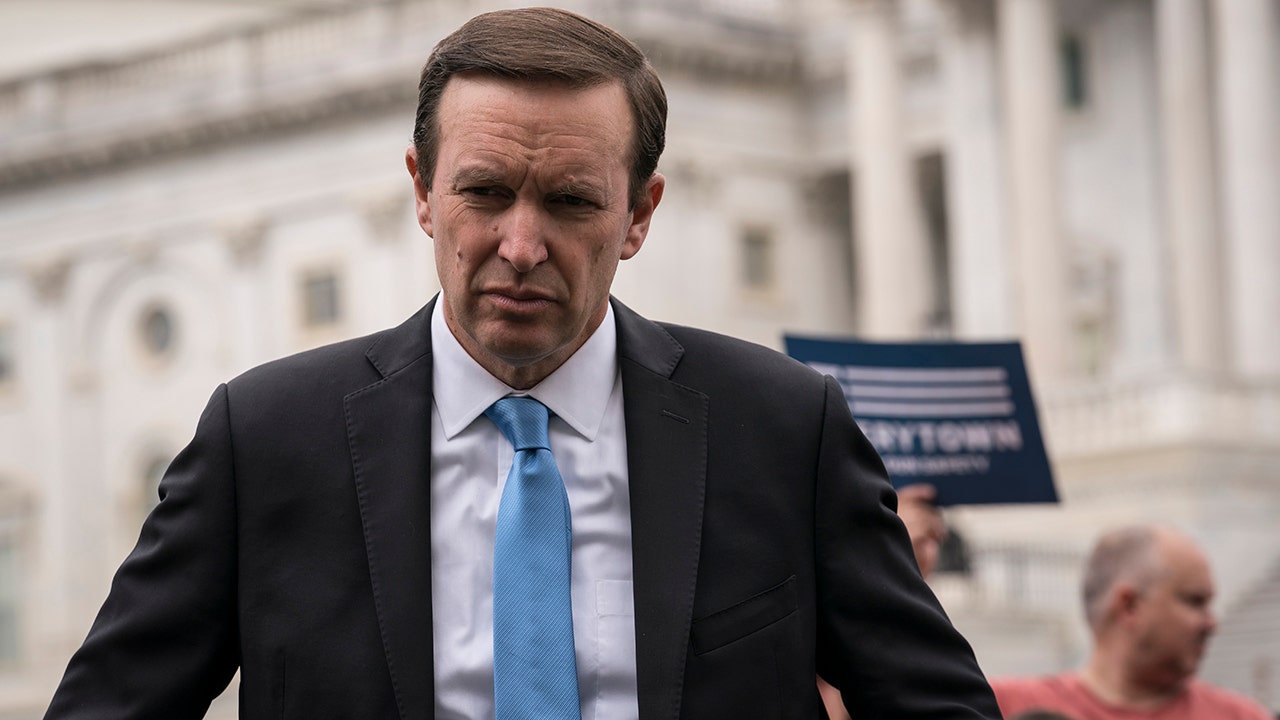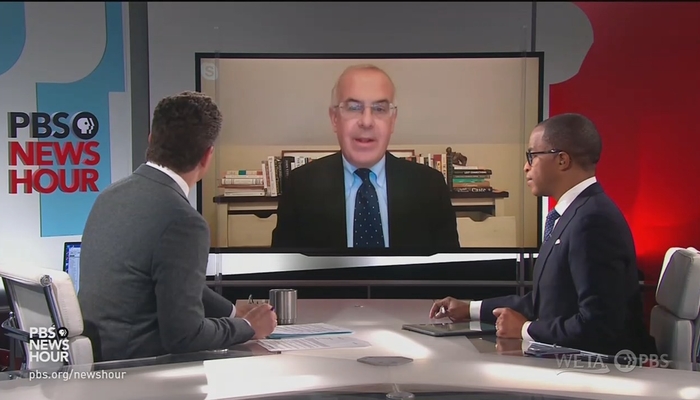Out of those, here are ones that are not 100% abortion bans (have exceptions)...
Alabama
Passed in 2019, Alabama's
HB 314 bans almost all abortions, except in cases of life-threatening pregnancies. The law had been put on hold due to legal challenges but will likely go into effect with Roe v. Wade being overturned.
Until the law's current injunction is overruled, abortions are prohibited after 22 weeks of gestation. The state also requires counseling, ultrasound, a 48-hour waiting period and parental consent for minors.
Arkansas
A 2019 law,
HB 318, makes providing an abortion a felony, punishable by up to 10 years in prison or a fine of up to $100,000. There are exceptions in cases of life-threatening pregnancies.
Idaho
Kentucky
In 2019, Kentucky became one of the first states to pass an
abortion trigger law, which went into effect after Roe v. Wade was struck down. The law states that providing surgical or medical abortion is a Class D felony, except if necessary to save the life of the patient or to prevent permanent impairment of a life-sustaining organ.
The new law was temporarily blocked by court rulings in June and July, but on Aug. 1, an
appeals court reinstated the state's near-total ban, making all abortions in the state immediately illegal.
Before Dobbs, Kentucky allowed abortions up to 22 weeks, requiring parental consent for minors, ultrasound, state-directed counseling and a 24-hour waiting period.
On Election Day 2022, Kentucky voters rejected a
referendum that would have altered the state constitution to say it did not include a right to abortion or government funding for abortion.
Louisiana
After Roe was struck down, the law was
temporarily blocked pending a lawsuit by the Center for Reproductive Rights. On July 8, a Louisiana court
lifted the stay on the near-total ban, but it was reinstated four days later with a hearing set for July 18.
Mississippi
Mississippi's
Gestational Age Act of 2018, which limited abortions to the first 15 weeks of pregnancy, was the subject of the Supreme Court case that led to the overturning of Roe v. Wade.
Missouri
Following the Supreme Court ruling, Missouri invoked a trigger law banning all abortions in the state, with an exception if the life of the mother is at stake but not in cases of rape or incest.
The law makes inducing an abortion a class B felony, with a possible prison sentence of five to 15 years. Abortion providers can also have their medical licenses suspended or revoked.
Previously, abortions were banned after 20 weeks' gestational age and required state-directed counseling, ultrasound and a 72-hour waiting period.
Oklahoma
Post-Roe, anyone who performs an abortion at any point
after fertilization could be subject to up to two to five years in prison unless the life of the mother is at risk. (A trigger law went into effect on Aug. 26 that increases the penalties to 10 years in prison and/or a fine of $100,000.)
The statute makes exceptions for miscarriages, ectopic pregnancies, to save the life of the patient and if the pregnancy is the result of rape or incest that has been reported to law enforcement. It is also aimed at medical professionals -- a woman having an abortion would not be charged.
Like the Texas ban, Oklahoma's law allows private citizens to sue anyone who helps a woman obtain an abortion for at least $10,000 in damages.
South Dakota
Under Roe, South Dakota banned abortions after 22 weeks and required counseling and a 72-hour waiting period. But a
2005 trigger law now in effect bans abortions except in the case of life-threatening pregnancies.
A separate law passed in March 2022 further restricted access to abortion medications.
Tennessee
A
2019 trigger law effectively bans abortion unless it can be proven in court that the mother's life is at stake went into effect on Aug. 25.
Voters amended the Tennessee state constitution in 2014 to remove abortion protections granted by a state Supreme Court ruling in 2000.
Texas
A 2021
trigger law that is now in effect criminalizes abortion from the moment of fertilization unless there is a life-threatening medical emergency or a risk of "substantial impairment of major bodily function."
The law, which has no provisions for rape or incest, makes providing an abortion punishable by up to life in prison and fines of up to $100,000, according
to The Texas Tribune.
On July 1, the
state Supreme Court ruled Texas could also enforce a 1925 abortion ban that allows for civil charges to be filed against someone assisting in the termination of a pregnancy.
West Virginia
On Sept. 16, Republican West Virginia Gov. Jim Justice signed a near-total abortion ban passed by the Legislature earlier in the month. It prohibits the termination of a pregnancy except in the case of a medical emergency. Survivors of rape or incest have to report the assault within 48 hours and present a copy of a police report or notarized letter to a physician before an abortion could be performed.
Prior to Roe v. Wade being overturned, West Virginia banned abortions after 22 weeks, except in cases where
the life of the mother was endangered. In 2018, voters agreed to amend the state constitution to specifically declare that it doesn't include any right to abortion.
A
law from 1849 technically makes performing an abortion a felony punishable by three to 10 years in prison. On July 18, Kanawha Circuit Judge Tera Salango
stayed the enforcement of that statute because it predates West Virginia statehood and hasn't been enforced in a half-century. West Virginia Attorney General Patrick Morrisey is appealing Salango's ruling.
Wisconsin
A law
dating to 1849 makes abortion a felony, but it's not clear if the 173-year-old ban will now go into effect as State Attorney General Josh Kaul has said he wouldn't enforce the "draconian" law.
Until now, abortion in Wisconsin has been legal up to the 22nd week, though state regulations require counseling, parental consent for minors, a 24-hour waiting period and mandatory ultrasound. They also prohibit telemedicine for abortion medication.
All of the 13 states you listed have some sort of exception that allows an abortion to occur in the state. Yes these are the 13 most restrictive states, I give you that, but there is not a 100% abortion ban in any of those states. Although, Wisconsin's 1849 law sounds like maybe it's 100% no exceptions... but that they aren't going to enforce it??? I don't get that, but maybe there has been an update.
I got all of these updates from CNET which was updated on 11/14/22...
On Election Day, voters in Kentucky and Montana rejected efforts to further restrict abortion access.

www.cnet.com



